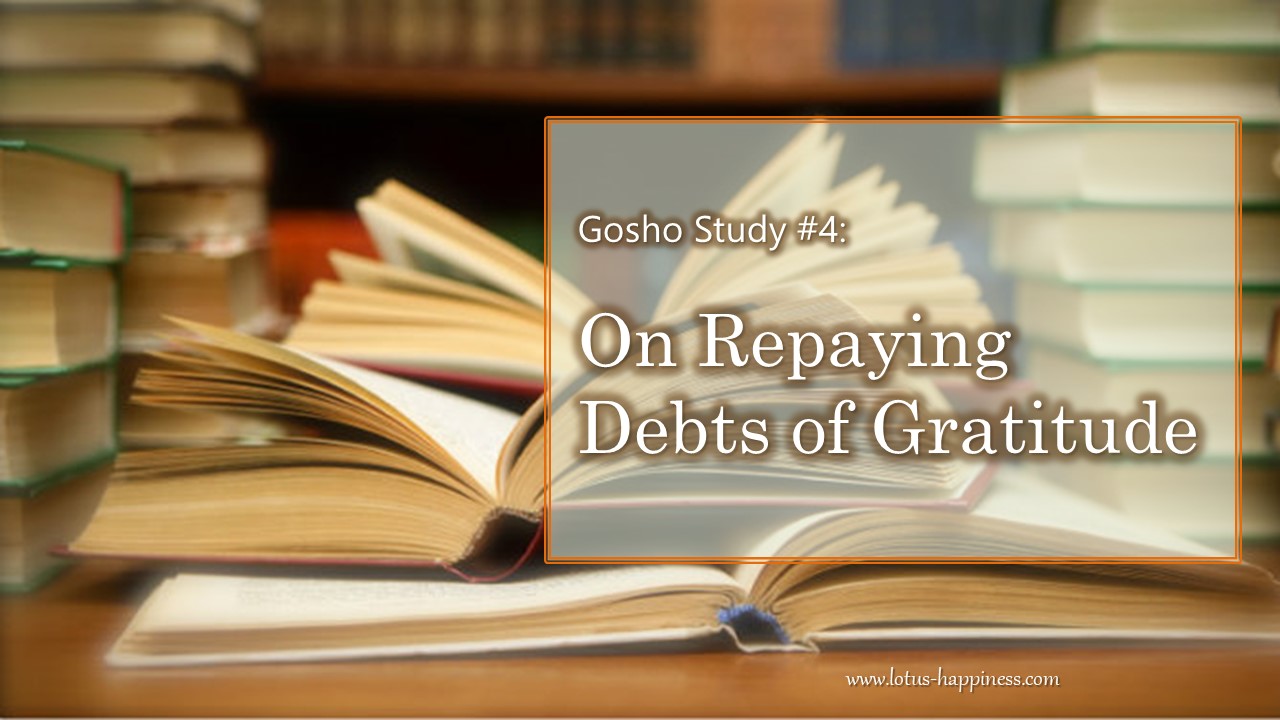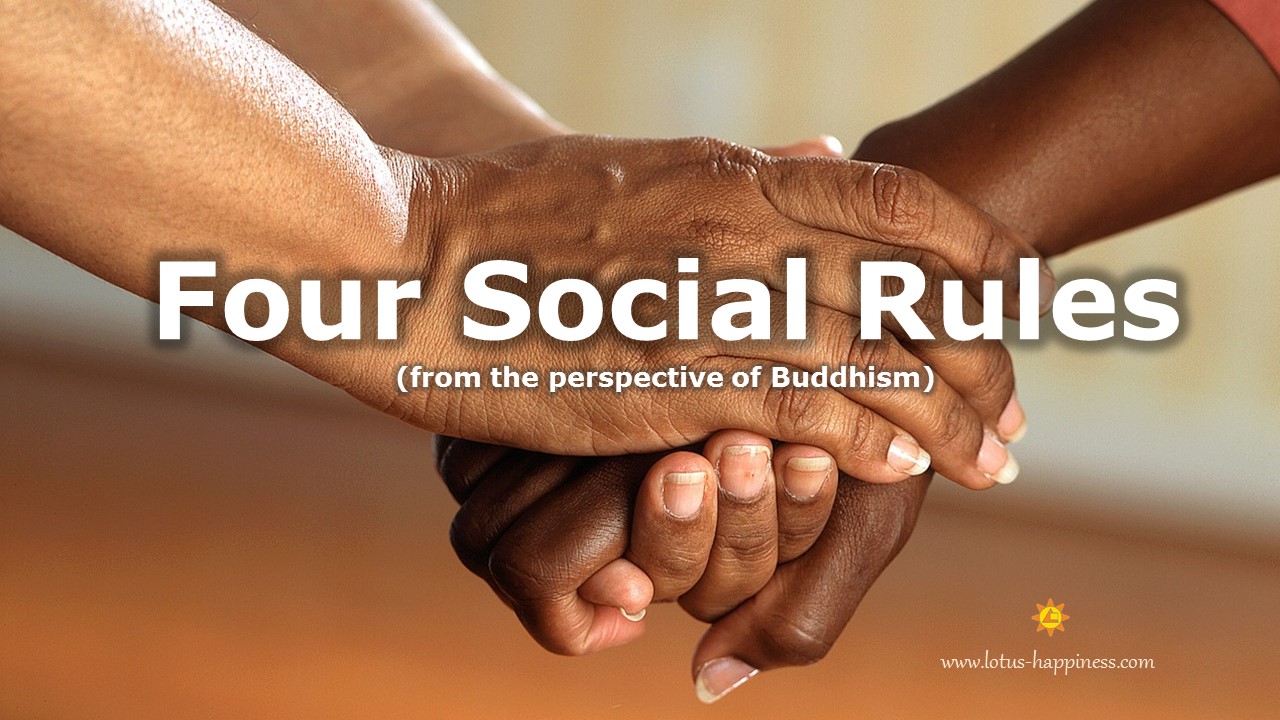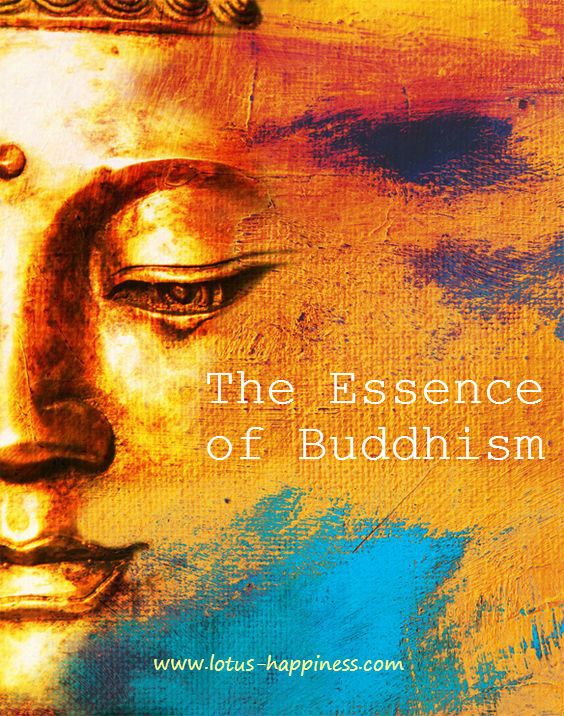
Gosho Study #4: On Repaying Debts of Gratitude
If Nichiren’s compassion is truly great and encompassing, Nam-myoho-renge-kyo will spread for ten thousand years and more, for all eternity, for it has the beneficial power to open the blind eyes of every living being in the country of Japan, and it blocks off the road that leads to the hell of incessant suffering. Its benefit surpasses that of Dengyo and T’ien-t’ai, and is superior to that of Nagarjuna and Mahakashyapa. (The Writings of Nichiren Daishonin-1, 736)
Let the Great River of Kosen-rufu Flow Powerfully throughout the World
Nichiren composed this treatise when he received news of the death of Dozen-bo, under whom he had first studied Buddhism at Seicho-ji temple. He sent the completed work to the priests Joken-bo and Gijo-bo, who had been his seniors among Dozen-bo’s disciples during his early years of practice and who later became his followers. Dozen-bo was a priest of Seicho-ji temple in Awa Province who had been Nichiren’s teacher when he first entered the temple as a boy of twelve. Nichiren wrote this treatise in honour of his teacher’s memory and to repay his debt of gratitude to him. Nichiren attached a message instructing that they should have the text read aloud before Dozen-bo’s grave.
This is a well-known passage in which Nichiren proclaims the widespread propagation of his teachings in the Latter Day of the Law. Based on the principle of “the farther the source, the longer the stream,” Nichiren declares that Nam-myoho-renge-kyo will lead all people throughout the world to enlightenment into the eternal future of the Latter Day through his own unflagging efforts. Nichiren further explains that the benefit of widely propagating the Mystic Law during the Latter Day of the Law surpasses that of Dengyo, T’ien-t’ai, Nagarjuna, and Mahakashyapa, all of whom embraced and propagated the correct teachings during their time.
This passage also points to Nichiren’s three virtues of parent, teacher, and sovereign. “If Nichiren’s compassion is truly great and encompassing,” indicates the virtue of the parent. Nichiren established a people-centered Buddhism based on the great compassion to lead all people in the eternal future of the Latter Day to happiness after repeatedly overcoming daunting opposition and persecution. The phrase, “it has the beneficial power to open the blind eyes of every living being”, indicates the virtue of the teacher. It means that Nichiren wants to break through the “blind eyes”, which refers to the ignorance or darkness in people’s lives, the fundamental cause of delusion and to reveal the life state of Buddhahood. Finally, the phrase, “it blocks off the road that leads to the hell of incessant suffering”, indicates the virtue of the sovereign. The virtue of the sovereign represents the function of protecting others. This is a manifestation of Nichiren’s profound and irrepressible wish not to let even a single person fall into the hell of incessant suffering.
Note:
- Hell of Incessant Suffering: (Sanskrit, Avichi) The most terrible of the eight hot hells. It is so called because those who inhabit it are said to suffer without a moment’s respite, hence, the name, “incessant suffering”.
- Dengyo and T’ien-ta’i: Dengyo was the founder of the Tendai school in Japan while T’ien-t’ai refers to the Great Teacher T’ien-t’ai, the founder of the Tendai School of Buddhism in China. Both are teachers of Buddhism in the Middle Day of the Law.
- Nagarjuna and Mahakashyapa: Nagarjuna was a Mahayana scholar while Mahakashyapa was one of Shakyamuni’s ten major disciples. Both are teachers of Buddhism who propagated the teachings of Buddhism in India in the Former Day of the Law.
Key points:
- This is a well-known passage in which Nichiren proclaims the widespread propagation of his teachings in the Latter of the Law.
- Based on the principle of “the farther the source, the longer the stream,” Nichiren declares that Nam-myoho-renge-kyo will lead all people throughout the world to enlightenment into the eternal future of the Latter Day through his own unflagging efforts.
- This passage also points to Nichiren’s three virtues of parent, teacher, and sovereign.
- “If Nichiren’s compassion is truly great and encompassing,” indicates the virtue of the parent. Nichiren succeeded in establishing a people-centered Buddhism based on the great compassion to lead all people in the eternal future of the Latter Day to happiness after repeatedly overcoming daunting opposition and persecution.
- The phrase, “it has the beneficial power to open the blind eyes of every living being”, indicates the virtue of the teacher. It means that Nichiren wants to break through the “blind eyes”, which refers to the ignorance or darkness in people’s lives, the fundamental cause delusion and to reveal the life state of Buddhahood.
- Finally, the phrase, “it blocks off the road that leads to the hell of incessant suffering”, indicates the virtue of the sovereign. The virtue of the sovereign represents the function of protecting others. This is a manifestation of Nichiren’s profound and irrepressible wish not to let even a single person fall into the hell of incessant suffering.











